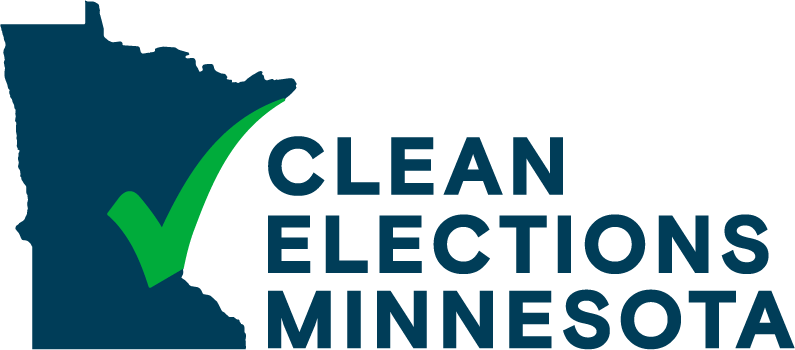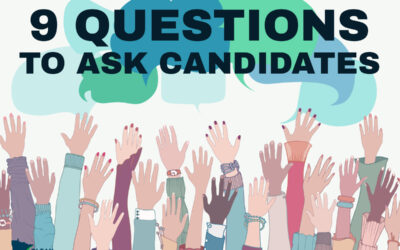What if we could reduce the influence of big contributors, encourage more people to run for office, encourage candidates to look to the full electorate, increase the number of voters, encourage the media to follow all candidates, and give everyday people a bigger voice in Minneapolis elections. In short, create a more participatory and more representative democracy in our city. Does this sound like a pipe dream? Maybe not. The future of campaign finance reform at present is at the local and state level.
Here’s one idea. The City of Seattle has adopted a “democracy voucher” program under which eligible residents are provided with four $25 vouchers that they can send to one or more candidates in municipal elections. The program also includes campaign spending limits for candidates that choose to participate. Candidates are also limited to $250 of non-vendor funds from any individual contributor. Seattle voters chose to fund this program through a property tax that amounts to an additional tax of approximately $11.50 per year. This idea is also being discussed in several other cities.
This modest public financing program can have big results. A recent Star Tribune article noted that voter turnout in Minneapolis, although improving, is still low, especially outside of three wards. Providing election vouchers to voters will increase the likelihood that they will vote and also become involved in campaigns. It will counteract the cynicism voters feel about being able to actually affect elections with the current reliance on big contributors. Perceptions of unequal influence reduce electoral engagement. All voters would become equally valuable and candidates would target their appeals more broadly. It will encourage an effective democracy in Minneapolis.
More than $2.3 million was poured into the Minneapolis mayoral contest in 2017, with three candidates leading the way. Among the contributors are real estate developers, restaurant owners, law firms, unions, and downtown business interests. Big contributors have a different agenda from most Minneapolis citizens. Election vouchers would limit the amount of contributions to a reasonable amount that would still permit active campaigns, but provide more balance between candidates. Candidates would be relieved of extensive fundraising and those who abhor fundraising would be encouraged to run for an office.
Minnesota Citizens for Clean Elections (MnCCE or Clean Elections) supports election vouchers or credits for Minneapolis. Last fall it surveyed all city council and mayoral candidates to learn their position on election vouchers. Seventeen city council candidates and one mayoral candidate supported this program. One candidate was opposed and the balance did not reply. The supporters included thirteen DFLers (two are endorsed) one Republican, one Green, one Independent, and one Socialist. This is a remarkable response for an idea that has received little local discussion. Aswar Rahman was the sole mayoral candidate to respond with support. The DFL endorsed candidates were Andrea Jenkins in Ward 8 and Jeremiah Ellison in Ward 5. The full list of supporters is available on MnCCE’s Facebook page. Six of the supporters were elected and we know that there are other supporters on the thirteen member council.
Do you think that this program should be discussed further? Ask your city council member and the Mayor what they think about it. This is a significant change that deserves a lot of discussion before adoption. Let’s get this conversation going! As Lincoln stated, we have a responsibility to see that “government of the people, by the people, and for the people shall not perish from the earth”. How exciting would it be to see a high percentage of our neighbors voting?
(George Beck is Chair of Minnesota Citizens for Clean Elections, a non-partisan non-profit organization and a former Chair of the Minnesota Campaign Finance and Public Disclosure Board)


